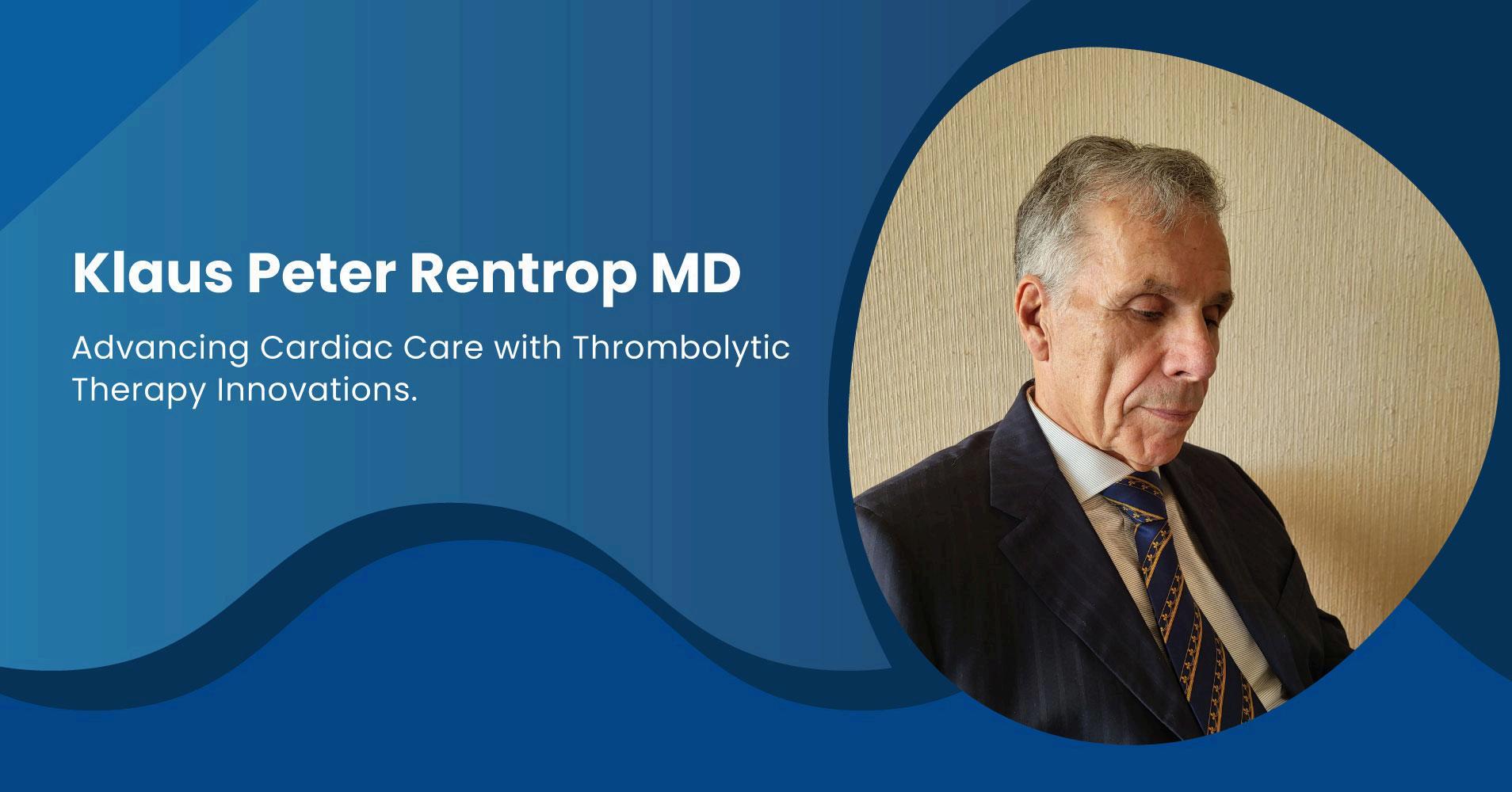The Transformation of Healthcare: How Technology is Shaping the Future of Medicine by
Klaus Peter Rentrop MD

Medical technology has experienced an extraordinary evolution in recent years, reshaping the landscape of healthcare and patient care in unimaginable ways From simple diagnostic tools to the complex machinery and software systems we rely on today, technological advancements are revolutionizing how doctors diagnose, treat, and manage diseases,as defined by Klaus Peter Rentrop MD.
The most noticeable change has been in the realm of wearable health devices These smart gadgets, once limited to fitness trackers, now provide doctors with real-time insights into their patients’ vital signs, chronic conditions, and potential health risks Devices like smartwatches can now monitor heart rate, blood oxygen levels, and even detect irregular heart rhythms empowering individuals to take control of their health while providing doctors with data to make informed decisions
Wearable technology has become a vital part of the telemedicine movement, allowing patients to be monitored remotely, eliminating the need for frequent in-person visits and making healthcare more accessible. As these devices continue to improve, we expect even greater integration with artificial intelligence, enabling predictive analytics that can potentially prevent severe health events before they happen
At the same time, robotics is transforming the way surgeries are performed. Robotic surgery systems, such as the renowned da Vinci Surgical System, allow surgeons to conduct minimally invasive procedures with extreme precision. These robots offer unmatched accuracy, smaller incisions, and faster recovery times, reducing the risks traditionally associated with surgery. As robotic technology continues to develop, surgical procedures are expected to become even more advanced, with robots capable of performing complex surgeries autonomously or in collaboration with human doctors
Artificial intelligence is also making its mark in medical diagnostics. AI systems can analyze medical images faster and more accurately than humans, identifying diseases such as cancer, heart disease, and neurological disorders in their early stages This technology supports healthcare professionals in diagnosing conditions more quickly and accurately, ultimately saving lives
Perhaps most exciting is the combination of these technologies Integrating wearables, robotic surgery, AI, and telemedicine makes personalized, real-time healthcare a reality A surgeon can access critical patient data in real time during a procedure, a patient can receive continuous monitoring of their chronic conditions from home, and AI-driven insights can suggest the best course of treatment
The future of healthcare is undoubtedly intertwined with technology As innovations continue to develop, the ability to provide better, faster, and more accurate care will help shape the future of medicine, ultimately improving patient outcomes and saving lives.
